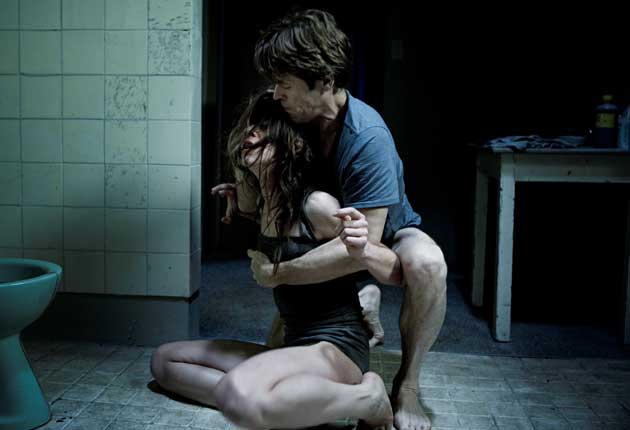Lars von Trier, women and me
Is 'Antichrist' anti-women? Heidi Laura, the controversial new film's official 'Misogyny Consultant', has the last word

Could you write a sustained argument on the evil nature of woman, based on all available Western sources? This was Lars von Trier's proposition to me, a journalist and former university researcher in cultural history. It was July 2007, he was about to finish the manuscript for his film Antichrist, and he needed me to go through as much material as I could and come up with all the facets of misogyny.
The subject is as deep and wide as human civilisation itself. There is no age without its anxiety about women, and the texts and images range from sophisticated and witty to gruesome.
Call me evil, but I think the dark shadows of civilisation deserve to be seen and reflected on rather than ignored. As I moved through the sources, I realised that the age-old dichotomy between supposedly rational man and supposedly wild and uncontrollable woman, ruled by impulse and desire, has never left us.
Sources were hardly scarce: Max Weininger's early-20th-century bio-psychological description of woman as not in control of herself was close to Nietzsche's cynical reflections on the cunning nature of woman, who wants to control men, and therefore must be controlled in turn. "You are going to women? Do not forget the whip!", says one of his aphorisms.
The disturbing texts from the witch-craze of the 17th century were inspired by older Christian texts and the Bible. Renaissance hatred of powerful women – John Knox wrote a book on the unnatural state of things in England under Elizabeth I, called The First Blast of the Trumpet against the Monstrous Regiment of Women – drew many ideas from figures such as the patriarch Chrysostomus, who claimed that woman's beauty was just "pretty colours" disguising the "delicious poison and natural evil" within. Condemning women as witches or heretics grew from a basic fear of the incontrollable power of women. Deep anxieties about women also find expression in mythological figures such as the Furies, Pandora, the Sirens; or the many witches in European fairy-tales, whose goal is to deceive and then devour man.
Anxiety about the treacherous nature of women could also be voiced as beautifully as by Shakespeare in his Sonnets for the Black Lady: "For I have sworn thee fair and thought thee bright/ Who art as black as hell, as dark as night" – a text that is quoted in Antichrist.
The male authors all seemed to agree on one thing: woman is intrinsically more connected to nature than man. This is why man rightfully fears woman: just like nature, she is beyond control.
The indictment against women I composed for Von Trier sums up the many misogynistic views all the way back to Aristotle, whose observations of nature led him to conclude that "the female is a mutilated male". Should we avoid staring into that abyss or should we acknowledge this male anxiety, perhaps even note with satisfaction that women are mostly described as very powerful beings by these anxious men?
The American feminist Camille Paglia sees men as both attracted and afraid of the mysterious fertility and groundedness of woman. The dark realm of woman could be seen as closer to uncontrollable nature; this is the realm of the forest, where mythological creatures abound. And this is the realm that Antichrist leads its audience into, as old images and ideas are transformed into a wondrous, cinematic universe by Von Trier's imagination.
'Antichrist' is out now
Join our commenting forum
Join thought-provoking conversations, follow other Independent readers and see their replies
Comments
Bookmark popover
Removed from bookmarks